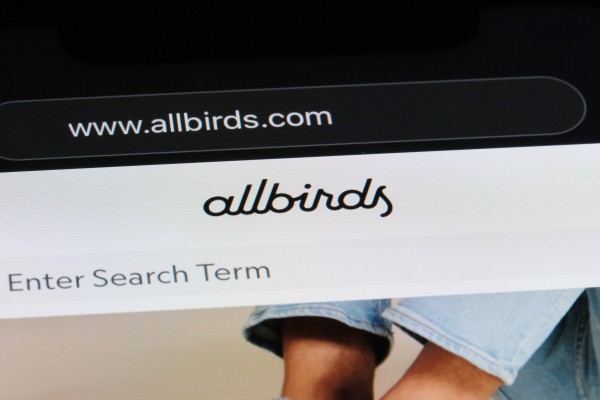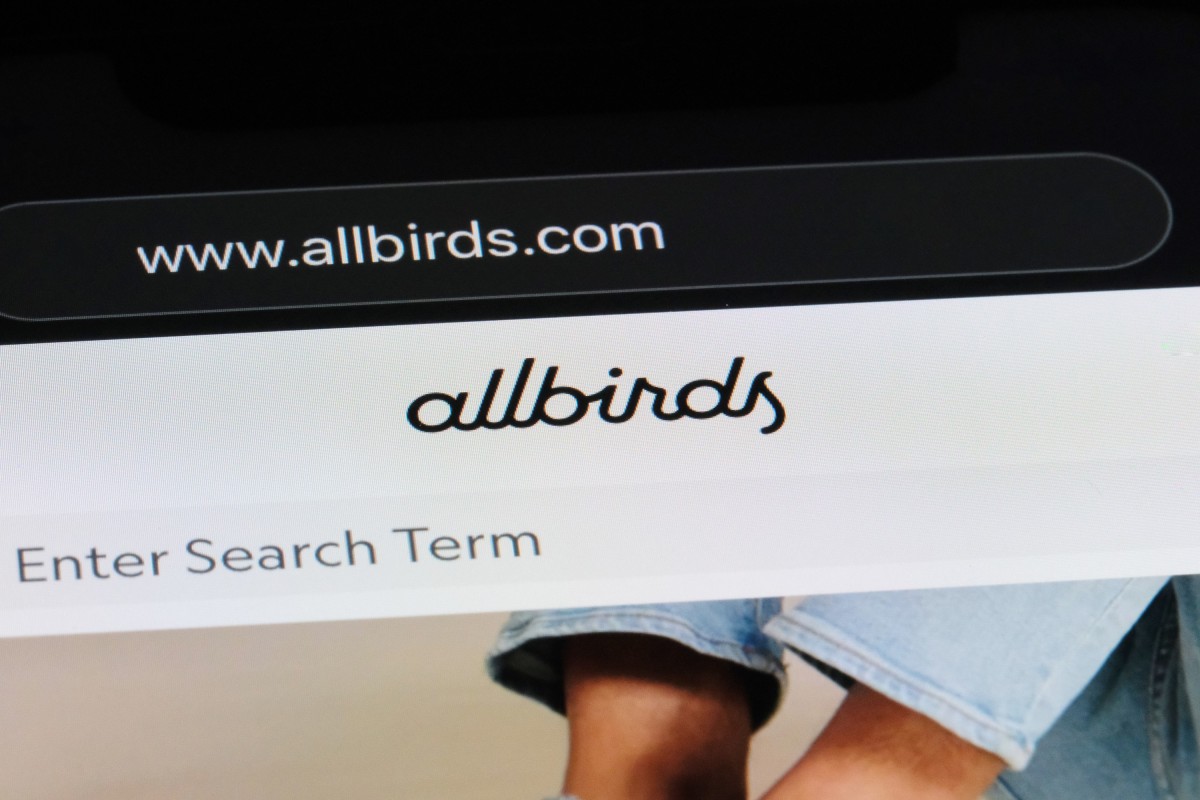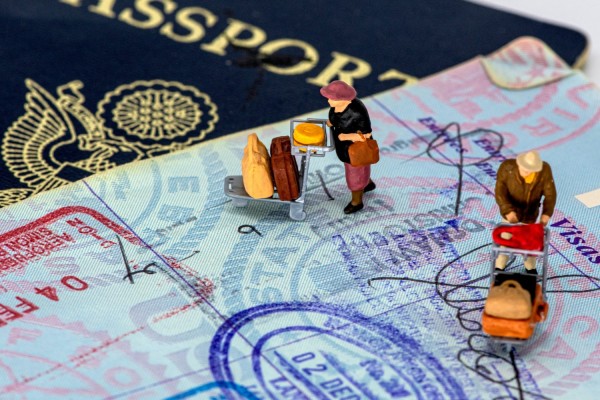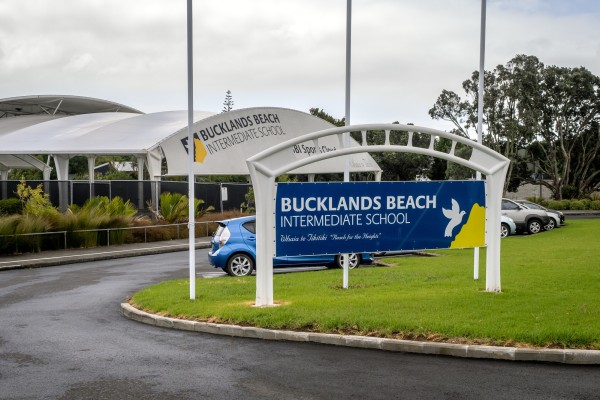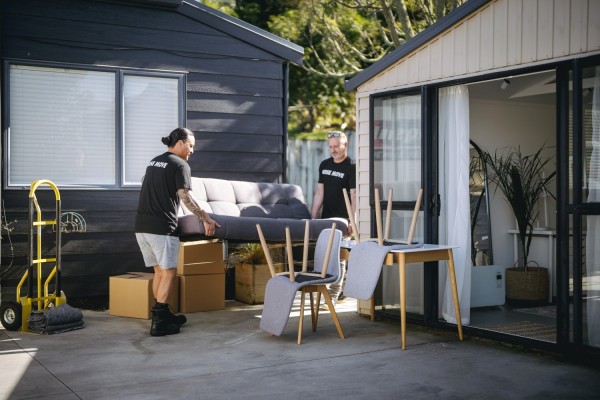How to start a business in New Zealand

New Zealand is one of the best places in the world to start a business. Whether you’re a foreigner or a citizen, there are few restrictions to establishing, owning and running a business. While the steps are straightforward, doing as much research and planning as possible still pays. Around 12% of businesses fail each year, so it pays to be as prepared as possible.
Why start a business in New Zealand?
New Zealand is a country that encourages entrepreneurship. According to the Ministry of Business, Innovation and Enterprise (MBIE), 546,000 small and medium-sized enterprises in New Zealand represent a whopping 97% of the business landscape.
The government provides a lot of support, research and free resources to small businesses, including grants, business advice and accessibility to loans. But more than that, the ease of doing business here makes running an SME so appealing. Productivity and efficiency are promoted. Even things you may think are difficult, like speaking to someone about your taxes, are easy.
Business visas for New Zealand
If you are a foreigner, there are some extra steps you’ll need to take to start a business in New Zealand.
Entrepreneur Resident Visa
If you’re already in New Zealand on a visa that allows self-employment, you can convert to an Entrepreneur Resident Visa after six months. If you've been running your business for less than two years when you apply, you'll need to show you've invested at least $500,000 in capital and created a minimum of three jobs for New Zealanders. This visa is indefinite, giving you the freedom to grow your business long-term.
Entrepreneur Work Visa
Want to start your own business or buy an existing one? The Entrepreneur Work Visa might be for you. To qualify, you'll need a business plan (no older than three months), score at least 120 points on the Entrepreneur Work Visa scale, and invest NZ$100,000.
If your business is in science, ICT, or has exceptional innovation or export potential, the capital requirement can sometimes be waived. This visa gives you an initial 12-month start-up period, followed by an additional 24 months once you prove your business is up and running. After that, you can apply for the indefinite Entrepreneur Resident Visa if you meet the criteria.
Long-Term Business Visa
Thinking about moving to New Zealand to start a new business or invest in an existing one? The Long-Term Business Visa could be your ideal choice. To qualify, you must have a genuine intention to develop a business in New Zealand and demonstrate the necessary skills, experience, and financial resources. It's designed to support your business journey from the ground up.
The Edmund Hilary Fellowship
Sir Edmund Hillary was the first person in the world to scale Mount Everest. In his spirit, the New Zealand government established a programme to attract and support entrepreneurs, innovators and leaders who have a desire to make a positive impact on the New Zealand economy to apply for funding. The programme is merit-based and open to anyone applying. However, applicants must have a proven track record of innovation in their field and a plan for creating an impact in New Zealand.
Global Impact Work Visa
In 2017, the government introduced the Global Impact Work Visa as part of the Sir Edmund Hillary Fellowship programme to attract skilled workers and entrepreneurs to New Zealand. To be eligible, you must have a job offer in a high-demand or highly skilled field, three years of work experience, a bachelor’s degree or higher and meet English proficiency levels.
How to start a business in New Zealand
Once you’ve got your visa sorted or are in the position to get started, there are steps you’ll need to take before you can start operating as a business:
1. Determine Your Business Type
Firstly, you’ll need to decide what type of business you want to start. Most people go into business with their strengths or the market's strengths in mind. It’s a good idea to establish a business in an area that you are knowledgeable about or have strong business connections as this can make getting your business off the ground that much easier.
If you don’t have a lot of experience in any one area, one way to ease into business ownership is to start off as a sole trader. There are fewer set up costs and you can grow your business once you’re making enough to employ staff.
2. Create a Solid Business Plan
A business plan is your roadmap to success. It should outline your business goals, target market, marketing and sales strategies, and financial projections. Not only will it keep you organised, but it's also crucial for securing funding and applying for visas.
MBIE’s website has loads of information that is valuable for first-time entrepreneurs. They have great advice on how to start a business plan and what your plan needs to contain. Check them out here:
3. Choose Your Business Name
Choosing the right business name is important because the right name can make your business easier to remember. Choose something catchy and short and try to avoid acronyms as those can be hard to remember. Before you decide on a name make sure it’s not in use by anyone else in your industry.
You can use ONECheck to make sure your chosen name is available. If you're operating as a company, you can reserve your business name and have 20 days to incorporate your company.
4. Pick a Business Structure
Your business structure determines how you'll operate, grow, and handle finances. In New Zealand, you have three main options:
Sole-Trader: Simple, cost-effective, with personal liability for debts. Sole traders are also known as freelancers or contractors. This is the best business structure for someone who operates solo and has no shared responsibilities with another person.
You can still have employees, but there are fewer set-up costs. Your business income is viewed as separate from any personal income, and you won’t need a separate bank account for it.
Partnership: Shared responsibilities and costs, with tax benefits. A partnership business means you own the business with at least one other person and you share its resources and apply your skills. In return, you share in the profits and losses. Your business will need an IRD number to pay your partnership taxes.
Company: Limited liability for shareholders, more credibility, but more regulations.
Consider how you want to grow your business and whether you need outside investment when choosing your structure. A company is a good option for people who want to limit their liability. It takes a bit more to set up but it’s good if you have multiple shareholders. Shareholders are also entitled to dividends, a lower tax rate and as a company you tend to have more credibility than if you were to operate as a sole trader for example.
If you’re not sure what structure to choose, an accountant can often help you decide by going over your financial goals and objectives.
5. Get a RealME Login
A RealME login is a universal login used by several government agencies, including the IRD. It's a handy tool for managing your business registration and compliance online. If you’ve applied for a visa in New Zealand, you may already have set up a RealME account.
A RealMe login is the safest way to operate online. You can sign in to multiple official websites easily and your information is always protected. Head to the RealMe website to create an account.
6. Register Your Business
Once you've chosen your structure, and have a RealMe login it's time to register your business with the Companies Office and the Inland Revenue Department (IRD). You'll need to complete various forms and provide detailed information about your business. Don't forget to register for a GST number at the same time if you need one to operate.
If you have any questions about tax payments or setting up your business both the IRD and Companies Office have staffed phone lines to help. You can even request a callback. Wait times are anywhere from 20 minutes to an hour at their peak.
7. Apply For Licenses and Permits
Depending on your business type, you might need specific licenses or permits. For example, food businesses need to register with the Ministry for Primary Industries. Check the NZ Government business website compliance page for any additional regulations.
8. Set Up a Business Bank Account
Keep your personal and business finances separate by setting up a dedicated business bank account in New Zealand. It makes managing your finances much easier and more professional.
Even if you don’t need a dedicated business bank account you should still have all your finances going into one account, separate from your everyday spending. This will make doing your taxes (or your accountant's job) a lot easier and faster.
9. Get an NZ Business Number (NZBN)
While not compulsory, having a New Zealand Business Number (NZBN) can make transactions smoother with local companies. If you establish a company, you'll automatically get an NZBN. Sole traders and partnerships can easily apply online. If you want to do any work with government agencies, you’ll need an NZBN to apply. It’s free to apply for one and well worth it. Having an NZBN can lend you credibility, as other businesses can easily search for you online. Apply on the NZBN website.
10. Plan for Compliance and Growth
Finally, ensure you comply with all regulations and consider how you'll grow your business. Whether expanding your market, hiring staff, or innovating your products, having a growth plan is key to long-term success. As part of your growth, you may want to join your local small business council or a membership body or just network with others in your professional area.
What do our customers say?




For every (wise)move







